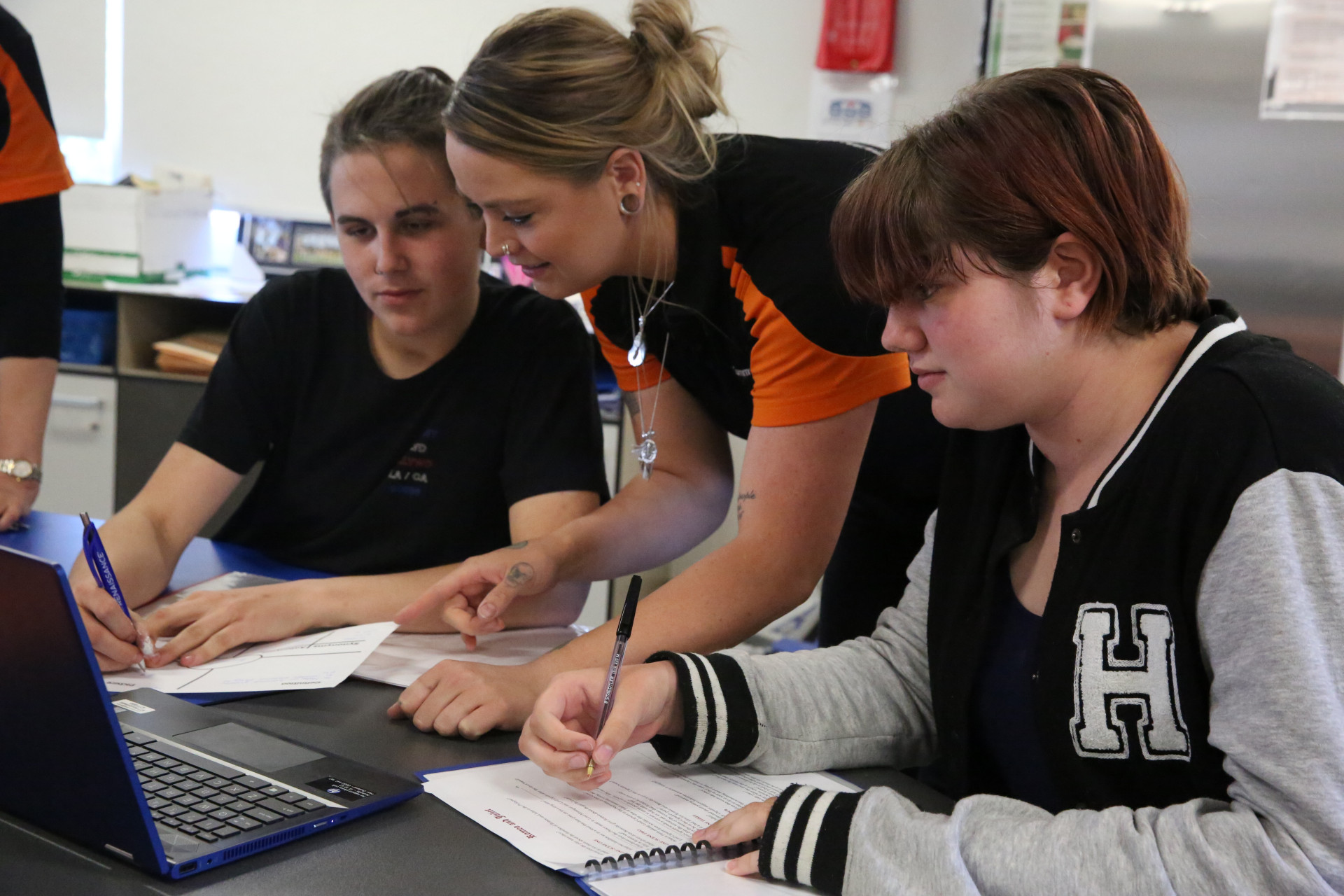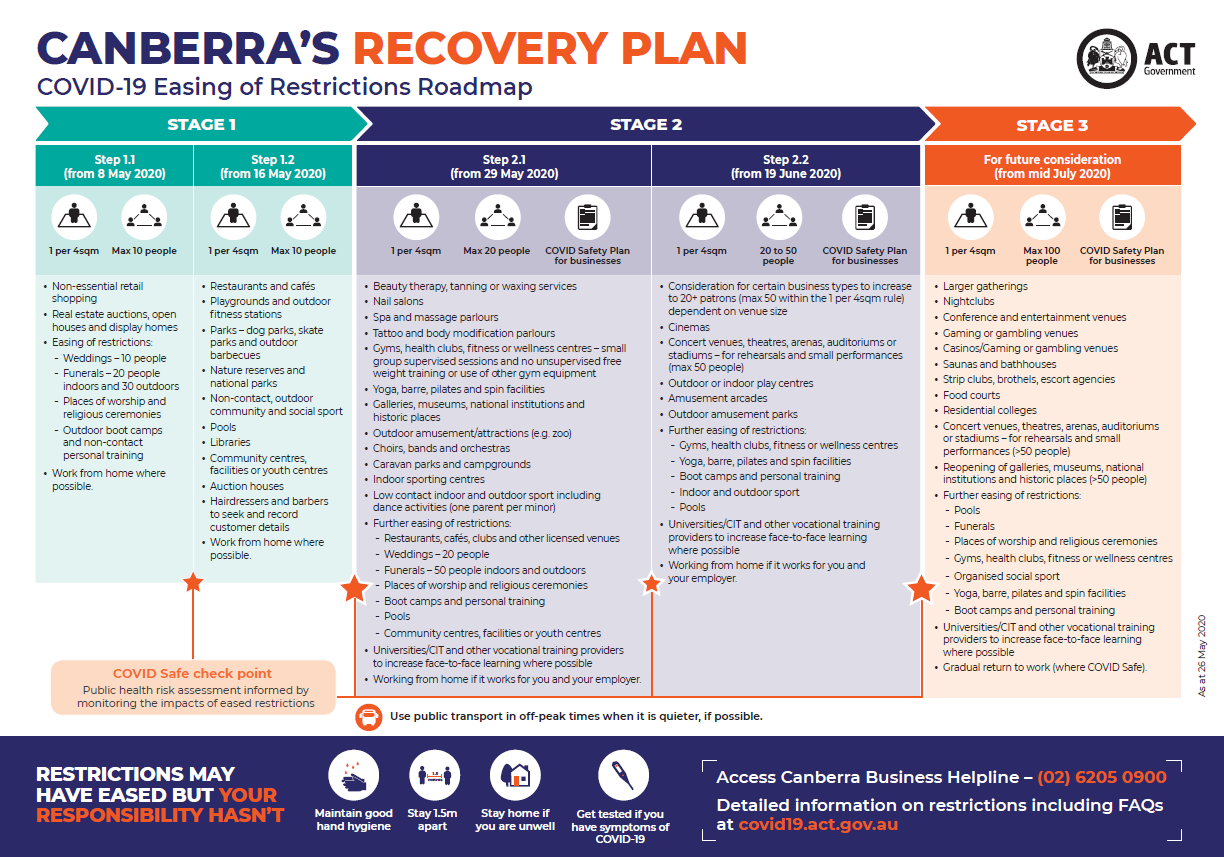Galilee School Guardian and Community Resources
This page has been set up to provide essential resources and advice for Galilee School families during COVID-19 pandemic. Please check back regularly for updates.
Galilee School Teaching and Learning: Advice and Resources

Galilee School is operating with increased hygiene and social practices. Students, families or guardians will be contacted directly in case the situation changes.
Download Important Information and Resources
Guardian Resources
- NEW 2020 Census Privacy Notice (pdf download)
- ACT Health Advice for Schools as COVID-19 Restrictions Ease (pdf download)
- Returning to Face to Face Classroom Learning at Galilee School (pdf download)
- COVID-19 remote learning strategy letter 4 (15 May 2020) (pdf download)
- Remote Learning Parent Waiver (pdf download)
- COVID-19 remote learning strategy (pdf download)
- Galilee School Student Free Plan (Academic Engagement, Social and Emotional Support) (pdf download)
Return to Classroom teaching: FAQs
A series of nine videos have been developed by the Office of the Chief Health Officer addressing a series of questions relating to a return to classroom teaching in schools. Questions are answered by the Chief Health Officer and Deputy Health Officer.
Topics covered in these short videos are:
- Safety and return to school – Parents
- Safety and return to school – Teachers
- Physical distancing
- COVID-19 positive cases
- Symptoms and management of suspected cases
- Vulnerable member of the community
- Transportation
- Class sizes
- PPE and temperature checking
Resources for Parents/Guardians to Support Young People
Download below some helpful resources to manage the COVID-19 situation with young people/adolescents:
Galilee School Student Support: Advice and Resources
If you’re a student in need of help and support, please contact the Galilee School via Facebook Messenger.
You can also call the school on (02) 6293 6314 , or send an email to galilee.school@commsatwork.org.
We’ll update this page as more information and resources become available.
Headspace Canberra – services to support youth mental health
Headspace Canberra have ceased in-person appointments during this period of COVID-19, but they are still open for business, offering phone services during regular business hours for young people aged 12-25 years.
What does that mean?
You are still able to refer young people to their service for a phone consultation. Just call them on 02 51099700 or email them on hs.canberra@marthonhealth.com.
You can also visit Headspace Canberra Facebook page by clicking here or their website by clicking here for further information.
How can we help?
If there is no space to connect with Headspace available at home, please contact us here at Galilee School.
We can set up a safe and private space here at the school with a phone and/or computer with working internet for the young person to access. This will allow the young person to attend their appointment in privacy and with no distractions.
The attached flyer describes how Headspace we can be of assistance to them during these difficult times. Download the flyer here (pdf).
If you have serious concerns about a young person’s mental health, you can also access the Mental Health Line 1800 011 511 (24 hour service).
Helping children and young people cope with stress during the COVID-19 outbreak
Everyone responds differently to stress
There will be a range of experiences in your homes. Growing up can be stressful at times and the coronavirus outbreak may add another layer of stress. The coronavirus outbreak may also be harder for some children or young people to handle than others, for example those already experiencing anxiety.
This may change over time as different types of stress come and go from their lives.
Impacts of stress on learning
Children and young people develop coping skills through exposure to manageable amounts of stress. However, when there are high levels of stress or multiple stress factors (especially those they can’t control) then it can impact on their physical and mental health, relationships, and learning and development.
Support from Telco Providers – Advice for Individuals and Families
COVID-19 Advice and Support

Download the ACT Government’s COVID-19 Recovery Plan (pdf).
Life as we know it has changed in many ways, and understandably it is affecting the mental health and wellbeing of many in the community. If you are having very strong feelings of worry, unease or fear and you are struggling to cope it is important to seek support. Please visit the ACT health page for information on available support services.
What is Coronavirus (COVID-19) and What are Its Symptoms?
Coronaviruses are a group of viruses that can cause mild illness, such as the common cold and gastrointestinal infections – fever and respiratory symptoms, including cough, sore throat and shortness of breath; as well as more severe illness, such as pneumonia with severe acute respiratory distress.
There is currently an outbreak of a new strain of coronavirus named COVID-19.
For most people, the illness will be mild or moderate and individuals can make a full recovery. However, some members of the community are more vulnerable.
The virus that causes COVID-19 spreads from person to person through droplets produced when an infected person coughs or sneezes. Good hygiene practices are the most effective way to reduce your risk of contacting COVID-19.
Limiting infection and spread of COVID-19 is not just important for your health, but also for the health of the community.
Good Practices to Prevent the Spread of Coronavirus (COVID-19)
The most important preventive strategies to reduce the risk of infection and limit possible spread of the coronavirus (COVID-19) are simple social and hygiene behaviours.
Good Hygiene Practices
- Wash your hands frequently with soap and water. Wash for at least 20 seconds and make sure your hands are dried well afterwards. Alternatively, use an alcohol-based hand sanitiser.
- Cough or sneeze into a disposable tissue and dispose of it; or cover with the crook of your elbow. Then wash hands or use alcohol-based hand sanitiser.
- Avoid touching your face, especially your eyes, nose and mouth.
- When people sneeze or cough, the virus can be transmitted onto surfaces such as door handles. Wiping these surfaces with a disinfecting wipe before use, washing hands after touching them, and not using your hands to open doors can help reduce risk.
Social Distancing
- Avoid close contact with others – replace handshakes and hugs with waves and elbow bumps
- Maintain at least 2 metres (6 feet) distance between yourself and anyone who is coughing or sneezing
Find out more about coronavirus and preventive measures here.
Please refer to our COVID-19 Information and Advice page for latest news and advice.
National School Chaplaincy Program
Galilee School is participating in the National School Chaplaincy (NSCP).
Galilee School acknowledges the financial and other support of the school through this program provided by the Australian and ACT Governments. The general nature of the chaplaincy services are regularly reviewed and are amended by the school, and informed by consultation with the school community.
Participation in the chaplaincy program is voluntary. Students will not be obliged to participate in the Program, and parents and students will regularly be informed by the school about the availability and the voluntary nature of these services.
If a student or family does not wish to utilise the services of the Chaplain they simply need to indicate that desire at any time either directly to the Chaplain or to a member of the Galilee School Executive Team or the Principal.
Access to advice, support, and guidance about ethics, values, and relationships are already available in Galilee School through existing services: youth workers, teachers, learning support staff, and programs delivered by community organizations.
NSCP funded services are designed to complement existing wellbeing services provided within the school community.
For more information, please see the National School Chaplaincy Program Information Sheet (pdf download) here.
You may download the 2019-2022 NSCP complaints form (pdf download) here.
